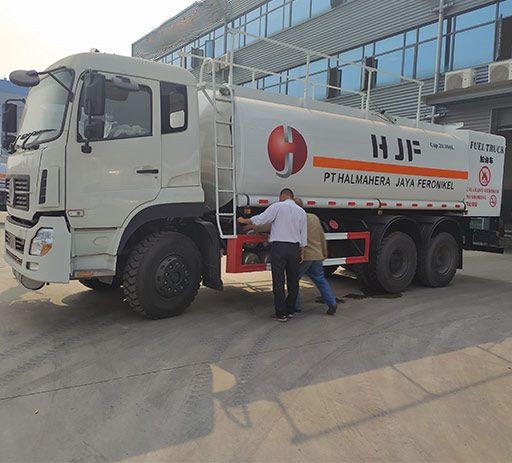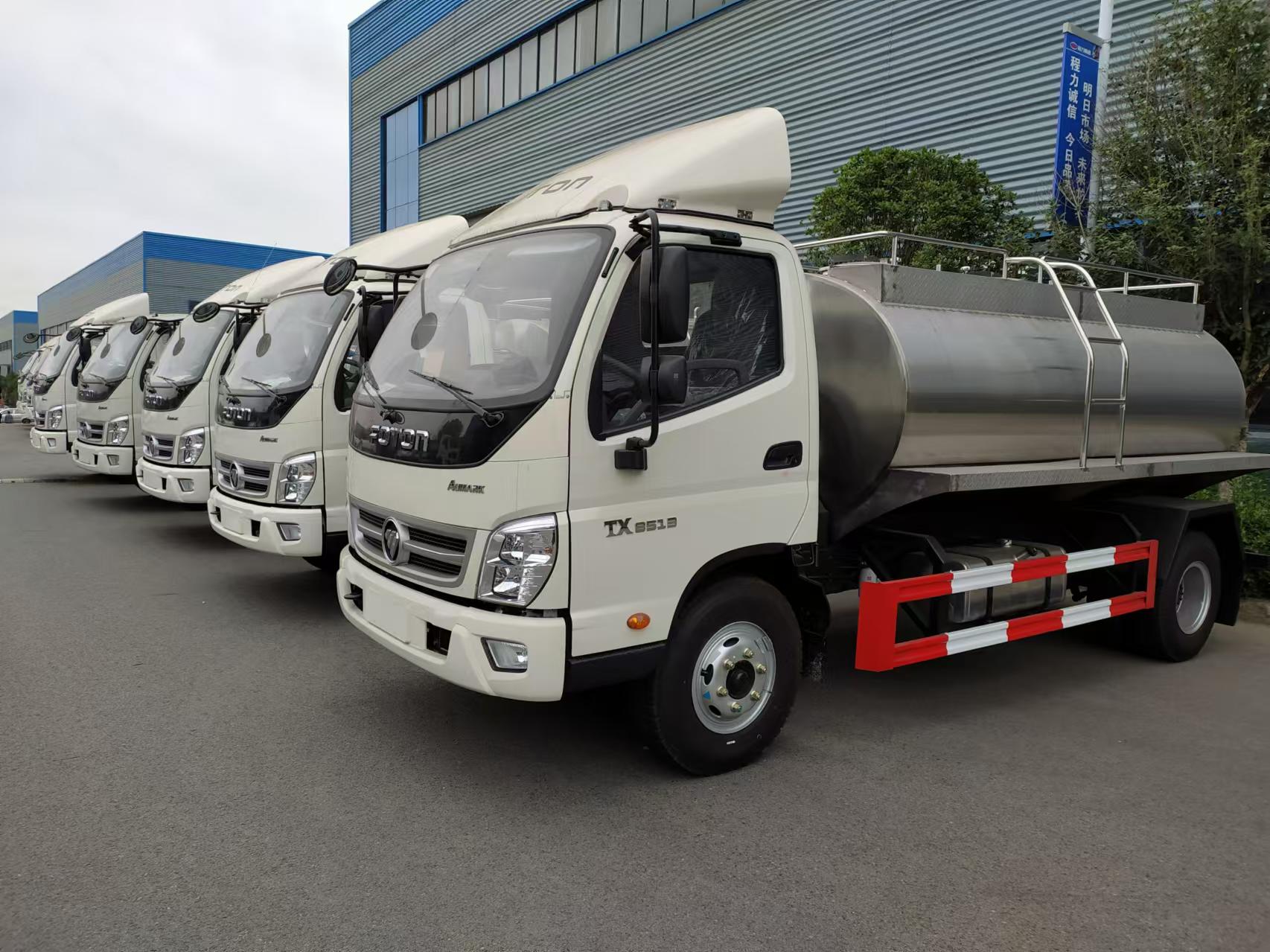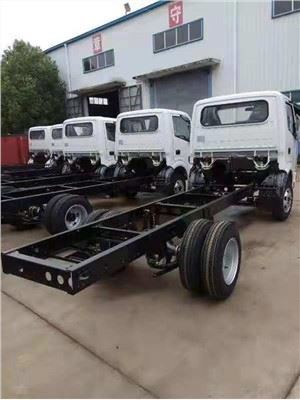Kenworth Single Axle: A Comprehensive Guide
The Kenworth single axle is a popular choice for many operators looking for a versatile, efficient, and powerful truck. Whether for local deliveries, construction applications, or landscape maintenance, the single axle model from Kenworth offers a variety of benefits and features that make it a standout option in the trucking industry. In this article, we will explore the essential features, specifications, and performance capabilities of the Kenworth single axle, as well as practical tips for choosing and maintaining your truck. Let’s delve deeper into this impressive vehicle.
What is a Kenworth Single Axle Truck?
Kenworth is a well-known manufacturer of commercial trucks in the United States, with a long history of producing high-quality vehicles. A single axle truck refers to a truck configuration with a single rear axle. This design offers several advantages for specific applications, such as maneuverability, weight distribution, and cost-effectiveness.
Key Features of Kenworth Single Axle Trucks
- Compact Design: The single axle design allows for better maneuverability, especially in urban environments.
- Payload Capacity: These trucks are capable of carrying substantial loads while maintaining efficient fuel consumption.
- Versatility: Ideal for various applications including delivery, landscaping, and light construction.
- Customizable Options: Customers can choose from different cab styles, engines, and configurations to suit their needs.
Specifications of Kenworth Single Axle

The specifications for Kenworth single axle trucks can vary depending on the model and configuration. Below is a general overview of the common specifications:
| Specification | Details |
|---|---|
| Engine Options | Cummins or PACCAR engines ranging from 200 to 565 HP |
| Transmission | Manual and automatic transmissions available (8-18 speed) |
| Gross Vehicle Weight Rating (GVWR) | Up to 33,000 lbs |
| Wheelbase Options | Varies from 128″ to 200″ |
| Cab Configuration | Day cab, extended cab, and sleeper cab options |
| Braking Systems | Air brake systems with options for ABS |
Benefits of Choosing a Kenworth Single Axle Truck

1. Fuel Efficiency
Single axle trucks are generally more fuel-efficient than their tandem axle counterparts. This efficiency is critical for businesses aiming to reduce operational costs and maximize profits. Kenworth employs advanced aerodynamics and engine technology to enhance fuel economy.
2. Lower Operational Costs
With fewer components and a lighter design, single axle trucks usually have reduced maintenance and repair costs. This allows operators to allocate resources more effectively.
3. Enhanced Maneuverability
Single axle trucks are ideal for urban driving scenarios. Their compactness makes navigating tight spaces, such as city streets or construction sites, significantly easier.
4. Easy to Drive
The lighter build and responsive handling of single axle trucks make them easier to control, especially for novice drivers. This accessibility can lead to fewer accidents on the road.
Choosing the Right Kenworth Single Axle for Your Needs
Assessing Your Requirements
Before purchasing a Kenworth single axle, consider the following:
- Payload Needs: Evaluate the type of loads you will transport and select a model with an appropriate GVWR.
- Engine Specs: Select an engine size and type that matches your driving conditions and expected payload.
- Cab Configuration: Consider whether you need a day cab for local runs or a sleeper cab for long hauls.
Performance Testing
It’s advisable to conduct test drives on various terrains to assess how well the truck handles different loads. Pay attention to how it accelerates, brakes, and corners.
Practical Tips for Your Purchase
- Research Dealer Reputation: Select authorized dealers with good customer reviews.
- Inspect Used Trucks: If buying used, check for proper maintenance records and perform a thorough inspection.
- Consider Financing Options: Explore financing deals from manufacturers or banks for better affordability.
Maintaining Your Kenworth Single Axle Truck

Regular Maintenance Schedule
Maintaining your truck should be a priority for longevity and reliability. Here’s a suggested maintenance schedule:
| Maintenance Task | Frequency |
|---|---|
| Oil Change | Every 5,000 miles or as recommended by the manufacturer |
| Tire Rotation | Every 10,000 miles |
| Brake Inspection | Every 15,000 miles |
| Fluid Checks (brake, transmission) | Every trip or as necessary |
| Battery Check | Every 20,000 miles |
Common Maintenance Tips
- Invest in a quality maintenance manual specific to your model.
- Always use parts and fluids recommended by Kenworth for replacements.
- Keep detailed records of all maintenance performed on the truck.
Kenworth Single Axle vs. Tandem Axle: What’s the Difference?
Understanding the differences between single axle and tandem axle configurations can help in making the right choice for your needs.
Weight Distribution
Tandem axle trucks can handle heavier loads due to their additional axle, while single axle trucks provide excellent performance for lighter loads. Tandem axles excel in balance and load distribution, especially over rough terrains.
Cost Considerations
Single axle trucks tend to be less expensive both in initial purchase price and ongoing maintenance costs. This is crucial for businesses managing budget constraints.
Flexibility
Single axle trucks offer more flexibility in terms of maneuverability, making them suitable for urban environments and tight spaces. Tandem axle trucks, while capable of carrying more weight, may not perform as well in these scenarios.
Practical Applications of Kenworth Single Axle Trucks
1. Delivery Services
Single axle trucks are perfect for delivery businesses. Their size permits easy access to city streets and commercial areas. Companies can make multiple deliveries quickly, enhancing customer satisfaction.
2. Construction Sites
Kenworth single axle trucks are frequently used in construction for transporting materials. Their ability to carry heavy loads while remaining agile is a valuable asset on job sites.
3. Landscaping and Lawn Care
In landscaping, these trucks can haul equipment and materials like soil, mulch, and plants. Their compact design allows easy navigation around residential areas.
4. Emergency Services
Some municipalities utilize single axle trucks for emergency services, thanks to their rapid mobility during urgent situations, supporting public safety efforts effectively.
Frequently Asked Questions (FAQs)
1. What is the maximum payload of a Kenworth single axle truck?
The maximum payload varies by model and configuration, typically allowing a gross vehicle weight rating (GVWR) of up to 33,000 lbs.
2. Are Kenworth single axle trucks good for long-distance hauling?
While they can handle long-distance trips, they are generally better suited for local deliveries or lighter loads, as tandem axles provide more stability and capacity over long distances.
3. What engine options are available for Kenworth single axle trucks?
Common engine options include PACCAR and Cummins engines, ranging from 200 to 565 horsepower, depending on your performance needs.
4. How often should I perform maintenance on my Kenworth single axle?
Regular maintenance should be conducted based on mileage, with critical checks performed every 5,000 to 20,000 miles, depending on the task.
5. Can I customize my Kenworth single axle truck?
Yes, Kenworth offers numerous customization options including cab styles, engine types, and axle configurations to meet your operational needs.
6. What are the advantages of a Kenworth single axle compared to other brands?
Kenworth trucks are known for their durability, advanced technology, and high resale values. The single axle models specifically offer excellent fuel efficiency and superior maneuverability.
